The Very First Day
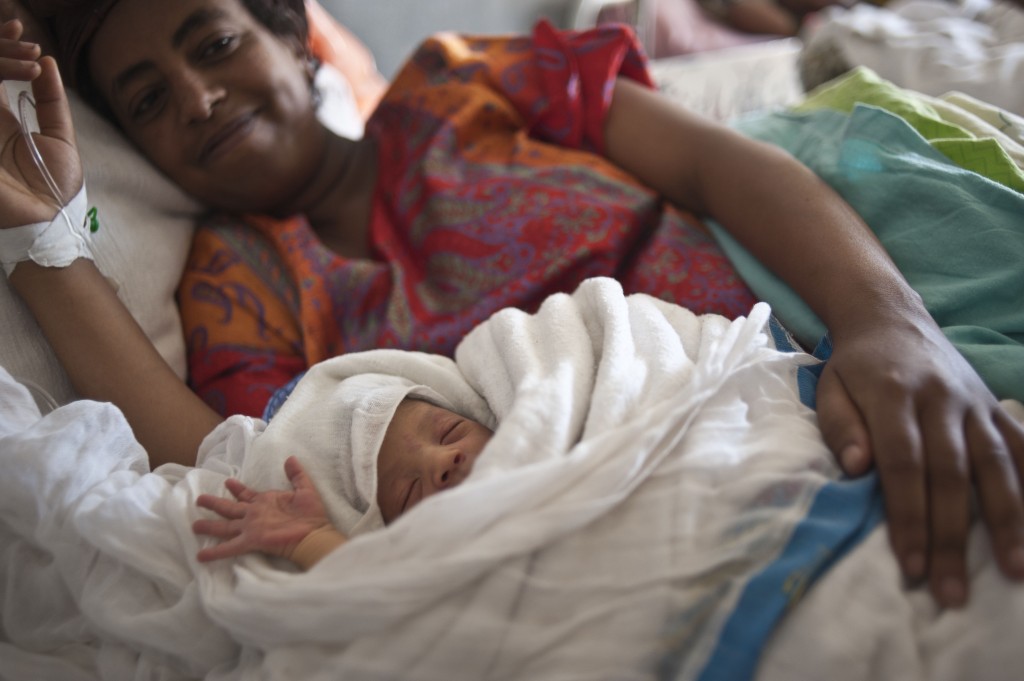
Save the Children released its State of the World’s Mothers 2013 report this week. Every human being on the earth today needs to read this report. It’s about us, we, the collective family of the human race. Which ones of us will survive the first day of life on earth? Which ones will die? As a new mother, will our infant’s first day on earth be our last?
The report ranks all the Earth’s countries in the year 2103 in order of greatest chance of survival for an infant born on the earth today and greatest chance for survival for a mother giving birth on the Earth today.
Every day 800 women on earth die during pregnancy or childbirth and 8000 babies die during their first month on Earth. More than 1 million babies a year die on the day of their birth.
The rankings are shocking, yet predictable. The wealthiest mothers born in the wealthiest nations have the best chance of survival and so do their babies. Moms and babies living in Scandinavian countries fair the best. Finland, Sweden, Norway, Iceland, Netherlands and Denmark have the top (listed in highest ranking order) survival rates in the world. Sub-Saharan Africa and South Asian mothers and babies fair the worst, with the Democratic republic of the Congo, Somalia, Sierra Leone, Mali, Niger and the Central African Republic (listed in order of lowest survival rate) with the lowest chance of survival.
Canada ranks 22nd out of 176 countries. I am disappointed. Yes, I am blessed to have been born and to have given birth to 3 healthy babies in a country that is ranked as one the top 25 locales to have a baby in the world; however, with Canada’s considerable wealth and public health care system, we could be number one. The disparity between rich and poor Canadians accounts for our score.
What is most shocking, is how diverse the survival rates are within wealthy nations. This is most evident in the United States, which, ranked 30th. USA has the highest first-day death rates amongst all industrialized nations. 50% more babies die on the day of their birth in USA than in all industrial countries combined. Not surprisingly, the death rates are highest amongst the poor and racial/ethnic minorities.
The good news is that since 1990 the annual (world wide) number of children under age 5 who die each year has fallen from 12 million in 1990 to 6.9 million in 2013. We are saving more mothers too: in 1990, the number of mothers who died from childbirth was 543,000 and in 2013 the number fell to 287,000.
In addition, the world has identified the 3 main causes of death in infants and mothers: complications during birth, prematurity and infections. Furthermore, the report has determined that low-cost, low-tech methods can easily be used in all nations to save an estimated 1 million more lives per year.
These methods include: kangaroo mother care and exclusive breast feeding, as well as products such as steroid injections for women in premature labour, resuscitation devices (to save babies having trouble breathing) and cord cleansing products to prevent infection and antibiotics for new borns.
As any mother will tell you, birth is a terrifying thing. With every single one of my babies, I reached a point in my pregnancy when I realized, “There is no way out of this. I have to give birth. The baby has to come out and there is nothing I can do about it.” Each and every birth, I was terrified and really did not want to go through it.

It is quite likely that if I had given birth in a non industrialized country, either myself or one or more of my daughters would not have survived the first day. On one occasion, I suffered a miscarriage and lost a tremendous amount of blood and had it not been for quick medical intervention, I would have bled to death. On another occasion, my firstborn child might have suffered; my water broke but I did not go into labour and had to have medical intervention to bring about the birth. Also, although my third baby was born very quickly (within an hour from the very start of labour), there was a moment during the birth where I felt so weak and ill that I thought I would die with my baby’s head jammed in my pelvis. Although no doctor could be reached in time to help with the entire birth, one arrived just in time to help ease my baby’s shoulders out.
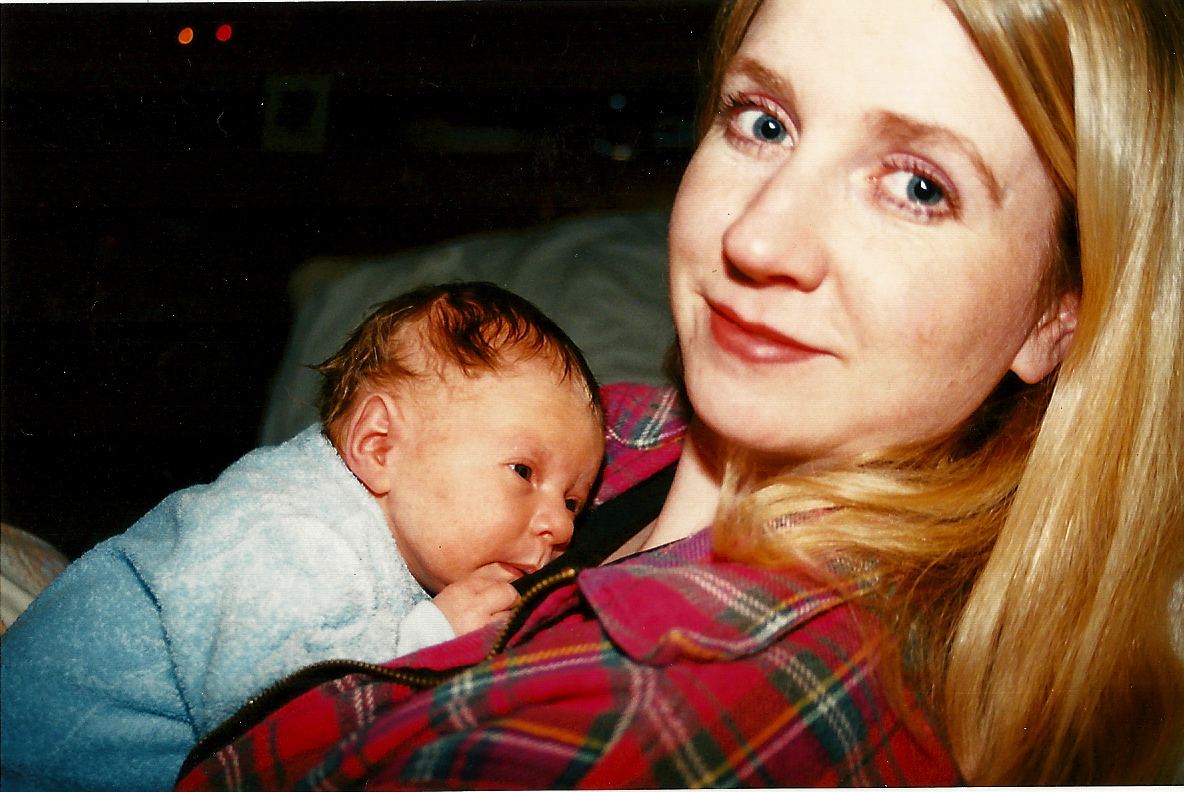
I breast fed all 3 of my babies until they reached the age of 2 1/4 years.
The truth is, after giving birth to my third baby (without any painkillers or drugs, all within an hour) I reached the conclusion that I was stronger than I would ever comprehend, furthermore, that I could do just about anything with my new found strength. I still feel that way. Birth changes you; if you survive it, you feel invincible.
I survived and so did my babies. I am fortunate, blessed, to have given birth in a wealthy nation.
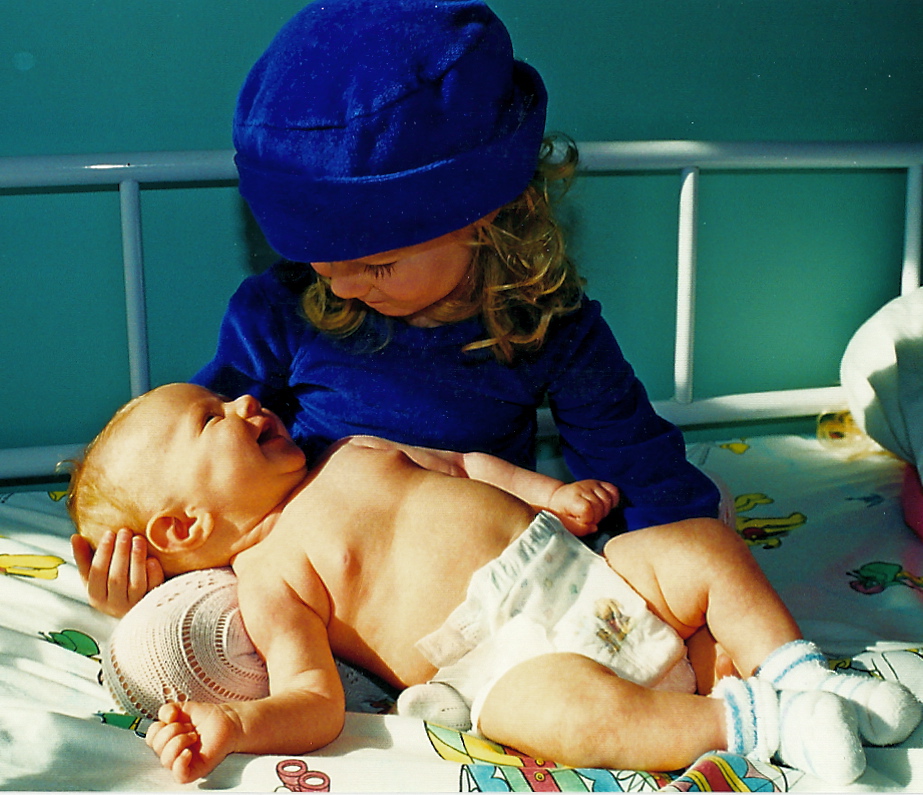
We know gender inequality is at the route of maternal and infant deaths. If we value the women and girls on our planet, we place maternal health care and education as top priorities. Educated girls are wealthier and healthier women.
The miracle of motherhood hits you when you hold your infant for the very first time and look into those wise, young eyes. Struck with both fear and awe, you know that you’ve found perfection and that there is nothing more beautiful than the love between you.
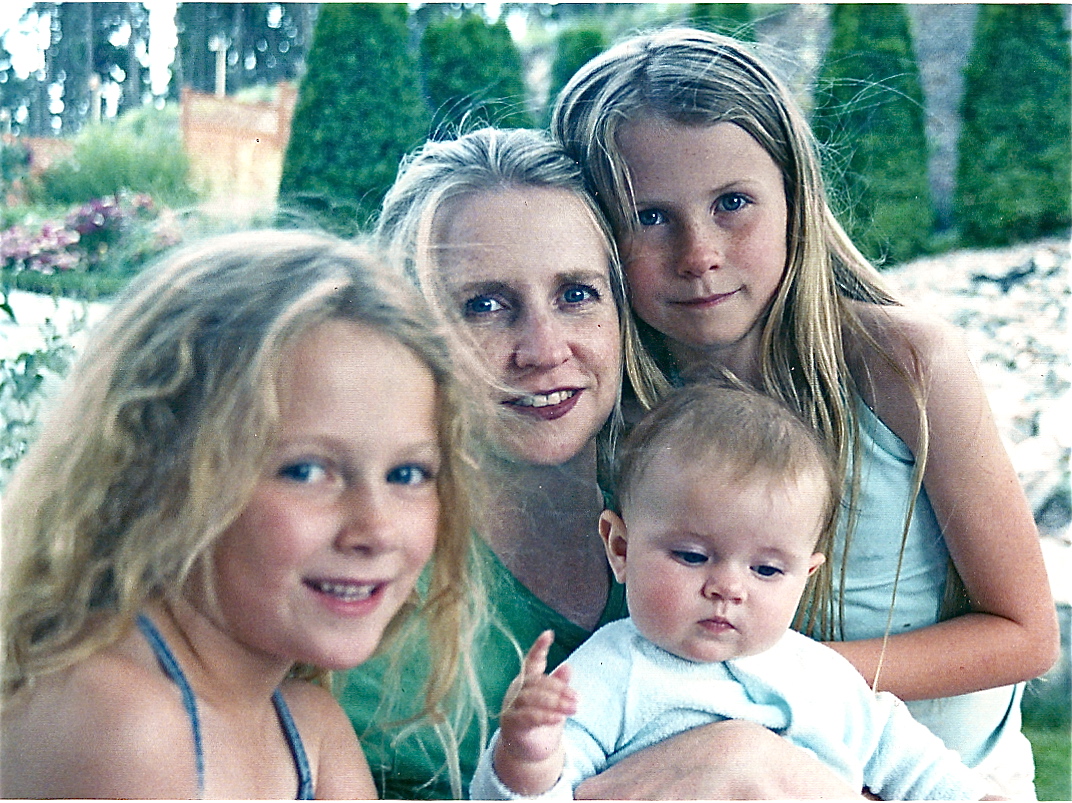
We have the knowledge and the world’s resources to ensure that nearly all of our global moms have the chance to hold their new born babes on their very first day and discover that perfection. It is within reach.
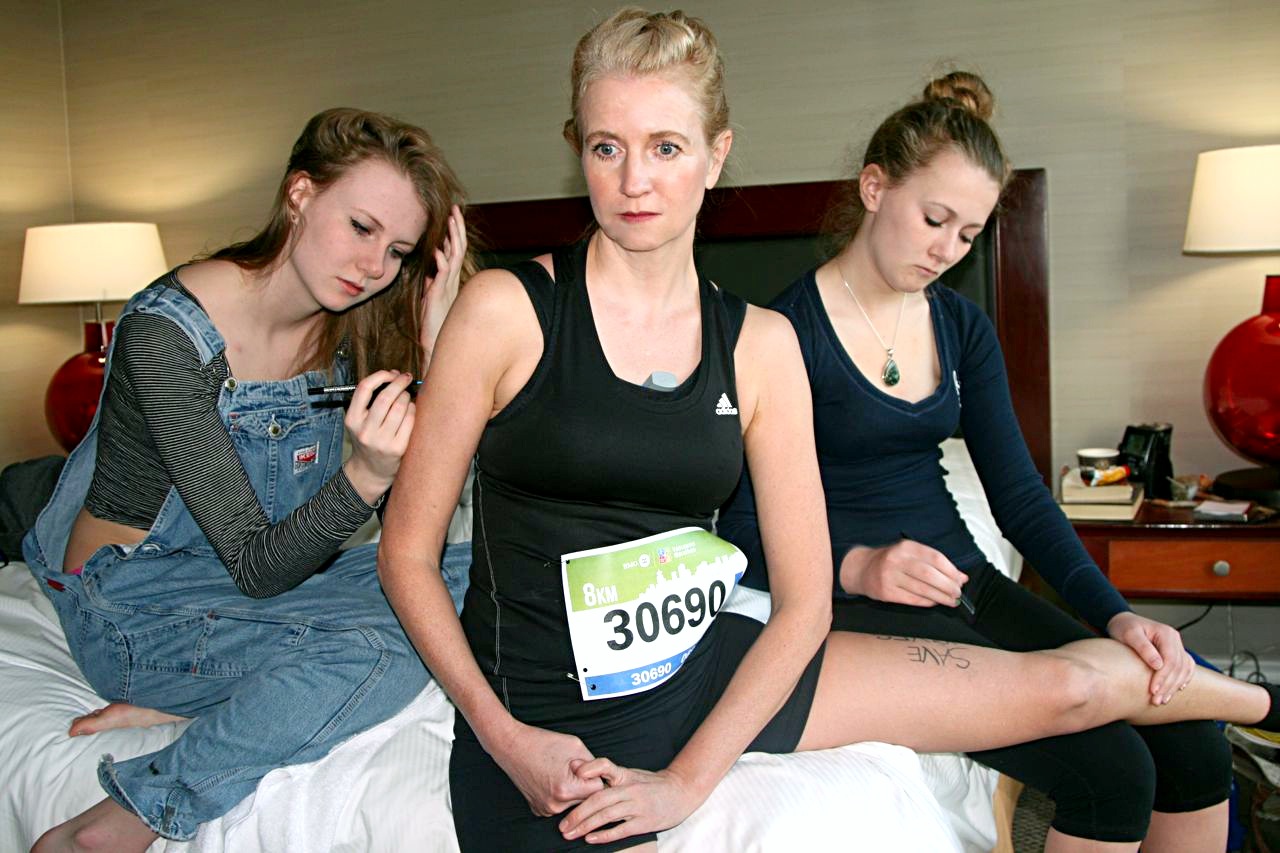
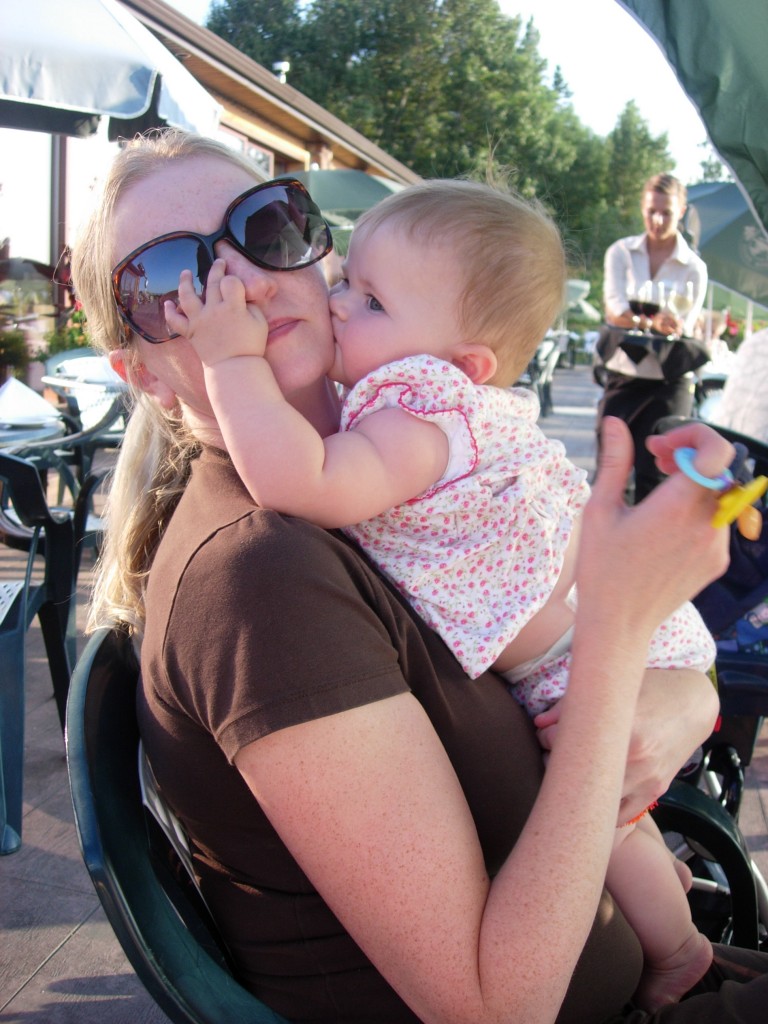

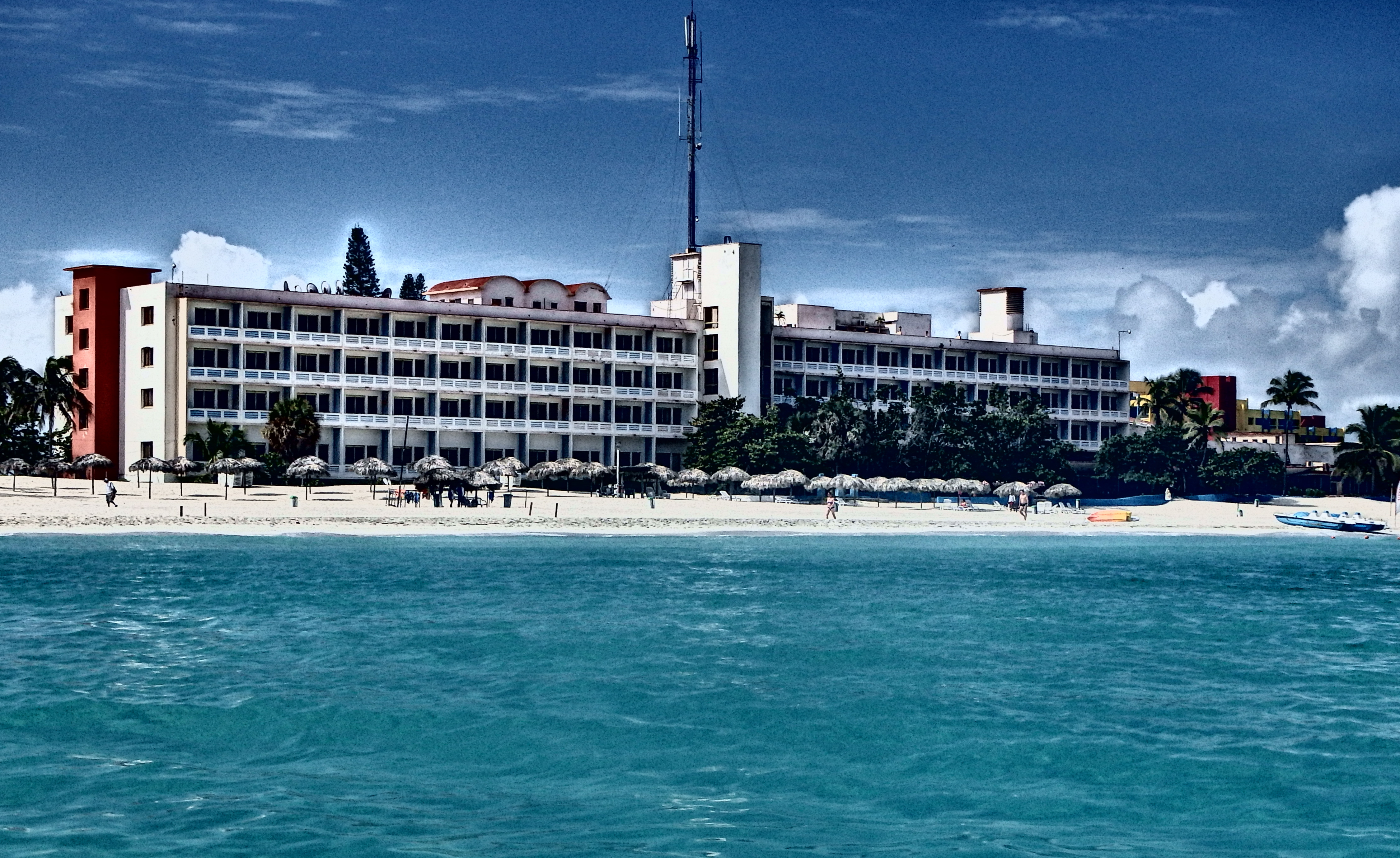
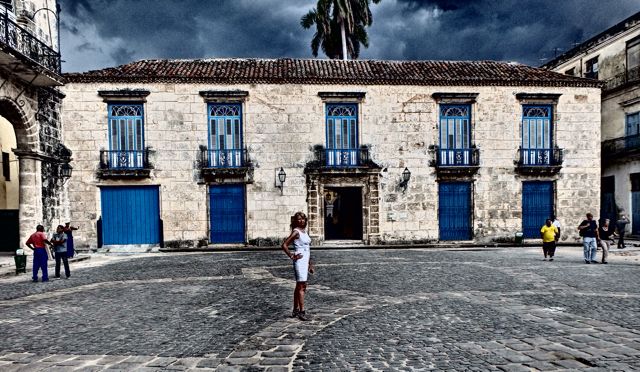

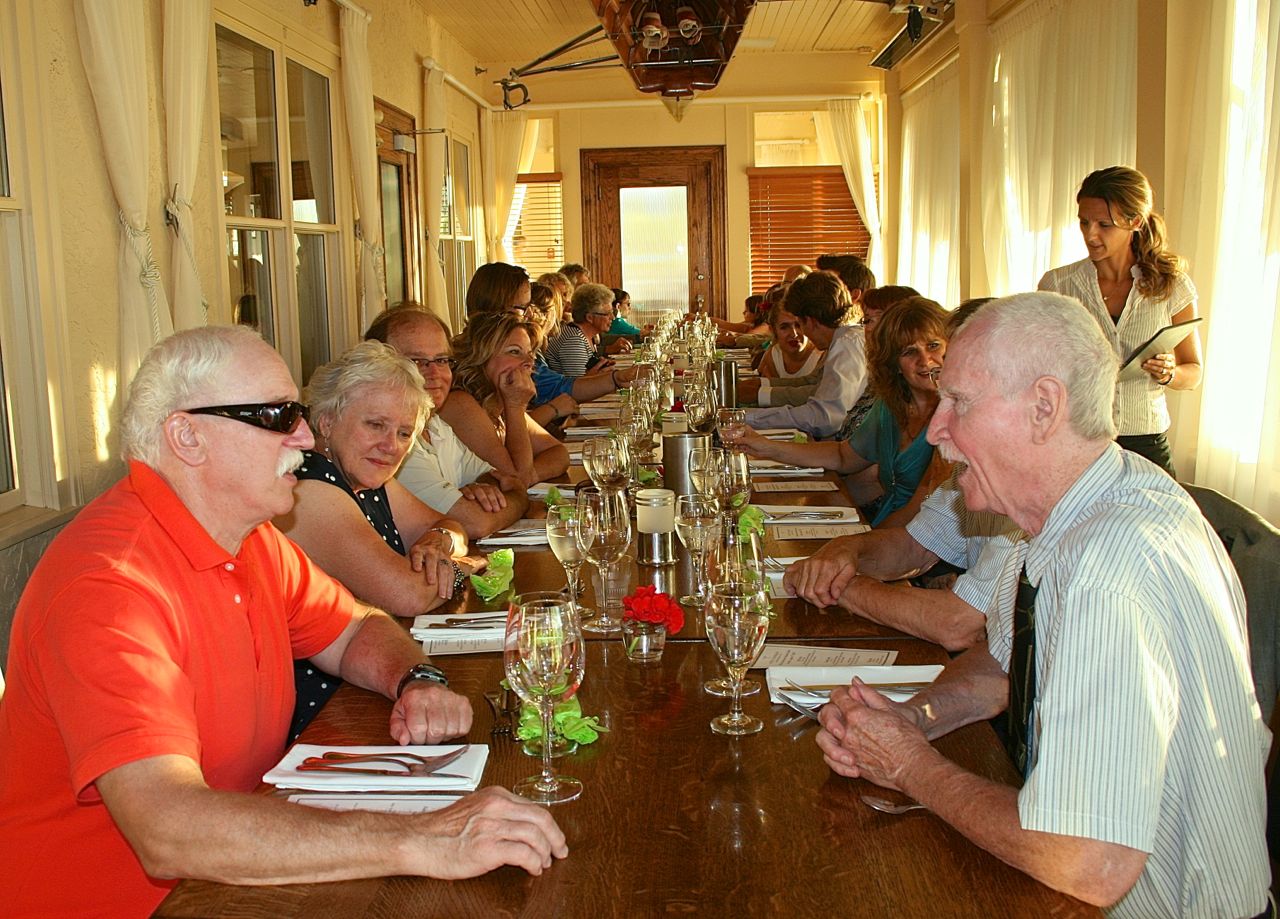
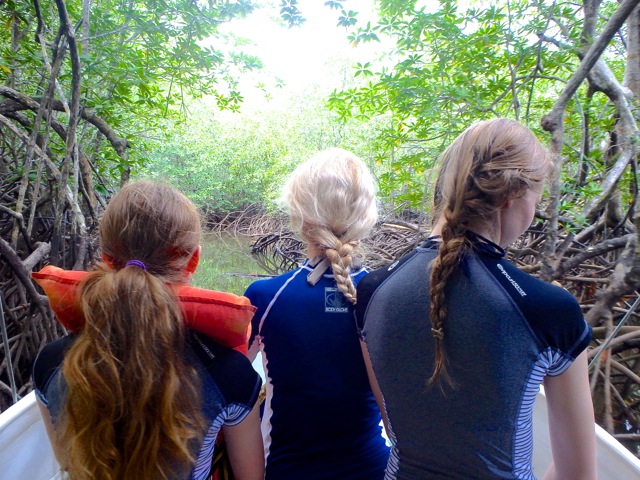
JOHN HART
Excellent article. Very informative.
Mix Hart
Thank-you. It’s a fascinating report–shines a true light on our global community and what we value.